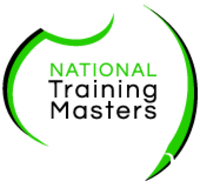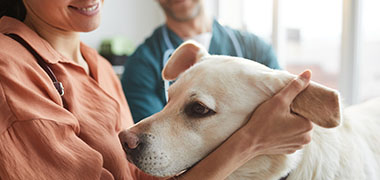
This role has a moderate level of AI exposure. AI can enhance efficiency for some tasks, but this job still relies on human skills and decision-making.
Explore all careersA Wildlife Rehabilitator cares for injured or orphaned wildlife, providing medical treatment and rehabilitation to prepare them for release into their habitats.
Get qualified to work as a Wildlife Rehabilitator with a course recognised across Australia. Speak to a training provider to learn more.



Browse occupations related to Wildlife Rehabilitator



If you are passionate about animal welfare and have a desire to make a difference in the lives of injured or orphaned wildlife, consider enrolling in one of the available Wildlife Rehabilitator courses in Wodonga. Located in the beautiful region of Wodonga, this course offers you the opportunity to gain the necessary skills and knowledge to excel in the field. With a focus on practical training and theoretical understanding, you will be well-prepared to assist in the rehabilitation and care of native animals.
The Wildlife Rehabilitator profession is closely linked to several fields of study, particularly within the realm of Animal Welfare and Veterinary courses. By pursuing a career in wildlife rehabilitation, you can develop a well-rounded expertise that not only benefits wildlife but also contributes to the broader animal care community. In Wodonga, you have access to reputable training providers who are recognised by their industry bodies, ensuring you receive high-quality education and training.
Taking a course in wildlife rehabilitation can also lead to opportunities in related areas such as Animal Care. This is particularly relevant for individuals who wish to broaden their career prospects in animal-related fields, enhancing their employability in Wodonga and beyond. As the demand for skilled wildlife rehabilitators continues to grow, now is the perfect time to invest in your training and make a lasting impact in the field of wildlife conservation.